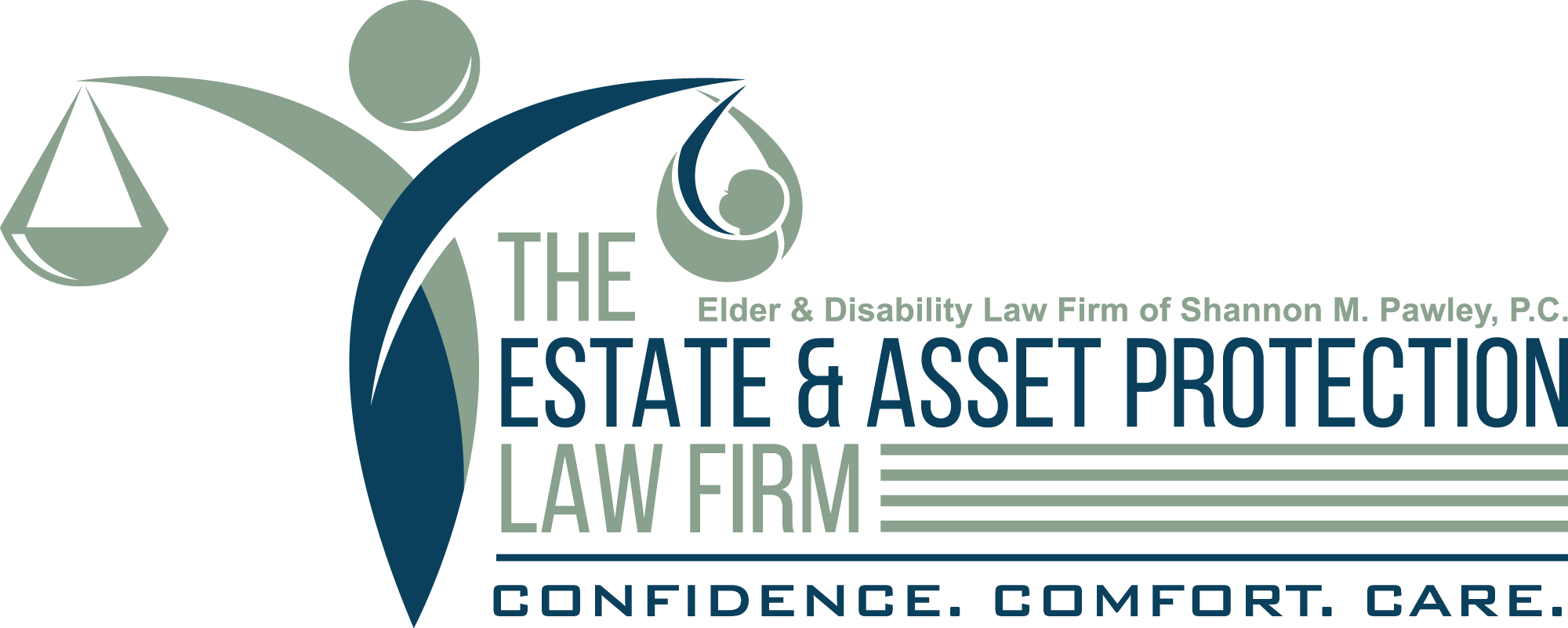Medicaid Myths: Why You Don’t Have to Spend It All to Get Help

What are some of the most common Medicare myths?
Some of the most common Medicaid myths prevent people from getting the long-term care they need. Some people believe Medicaid will automatically be available to them when they need it. Others believe they must spend all their assets to get the care they need. Both of those beliefs are false.
Medicaid planning is more nuanced—and with proper guidance, many people can get the help they need when facing the high cost of log-term care due to progressive illnesses like Alzheimer’s or Parkinson’s disease, without losing everything. My objective here is to demystify the four most common myths surrounding Medicaid eligibility.
Myth 1: You Have to Be Completely Broke to Qualify for Medicaid
This is one of the most damaging misconceptions. While Medicaid does have strict income and asset limits, not all assets are counted against you. For example, your primary residence (up to a certain equity limit), a car, personal belongings, and even certain prepaid burial arrangements are typically exempt.
More importantly, through legal and ethical Medicaid planning, you can preserve a portion of your assets for your spouse or heirs while still becoming eligible for Medicaid benefits. Strategies may include converting countable assets into exempt ones or using certain types of trusts.
Myth 2: You Can Just Give Away Your Assets to Qualify
If only it were that simple. Fact is, Medicaid imposes a five-year look-back period on asset transfers. This means that any assets given away or sold for less than fair market value in the five years prior to applying for Medicaid could result in a penalty period during which you are ineligible for benefits.
However, not all transfers are penalized. For instance, transferring a home to a caregiver child or to a disabled child can be exempt. Additionally, there are planning tools such as Medicaid-compliant annuities or caregiver agreements that, when structured properly, can help protect assets without violating Medicaid rules.
Myth 3: If You Didn’t Plan Years in Advance, It’s Too Late
If you are among the many who believe Medicaid planning must be done well in advance, please read on. I assure you that crisis planning—even at the last minute—can be effective. If a loved one is already in a nursing home or will need long-term care soon, it’s still possible to preserve some assets and qualify for Medicaid.
It’s imperative that you work with an experienced Eldercare or Asset Protection attorney. In my practice, we often use crisis planning strategies like “half-a-loaf” gifting, spousal refusal (only in some states), or Medicaid-qualified annuities to protect assets. These are complex tools that must be used correctly to avoid penalties, but they can make a significant difference even in urgent situations.
Myth 4: Medicaid Will Take the House
Another damaging myth is that Medicaid will take your home. Medicaid will not take your home while you’re alive. However, after death, it may seek reimbursement through a process called estate recovery. The good news is that there are ways to protect the home from estate recovery, such as transferring it to a qualifying relative or placing it in a properly structured irrevocable trust.
Seek Experienced Legal Counsel
As you can see, navigating Medicaid eligibility and long-term care planning is complicated. You don’t want to, nor do you have to go it alone. And, you don’t have to go broke doing it. Working with a qualified attorney can empower you to make informed decisions. With the right plan, made either in advance or at the last moment, you can protect your loved one’s dignity, health, and financial future. Whether you are in a crisis situation or want to discuss advance planning for Medicaid, give my office a call today at (470) 235-7868.
Looking to find an experienced estate lawyer in the Georgia area who is skilled in asset protection and estate plan preparation? Shannon Pawley is an attorney in Georgia with expertise in estate planning and asset protection. Shannon can provide assistance with creating an estate plan to include making a will and how to establish a trust properly. If you have questions about asset protection or questions about making an estate plan, reach out to Shannon and she will be glad to help answer all the estate planning questions you might have!










